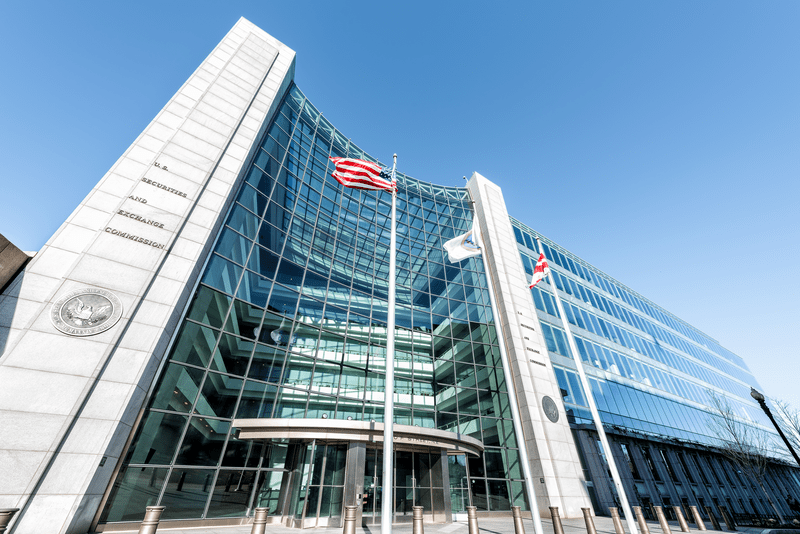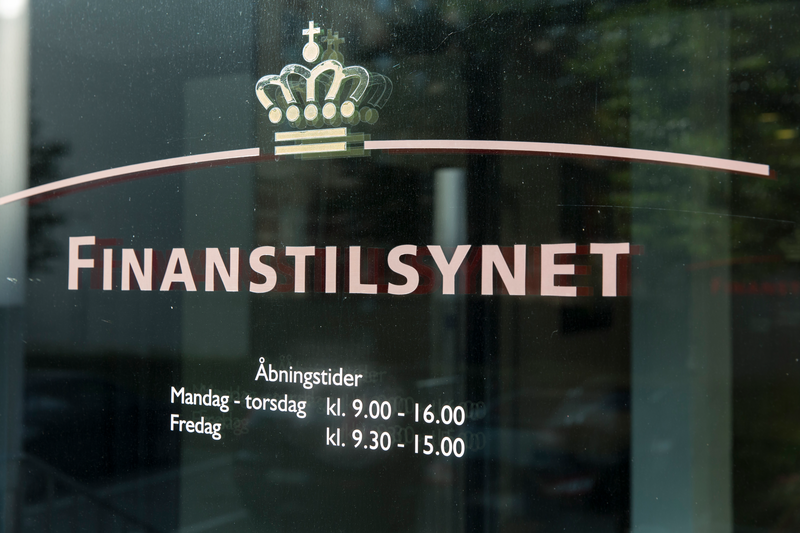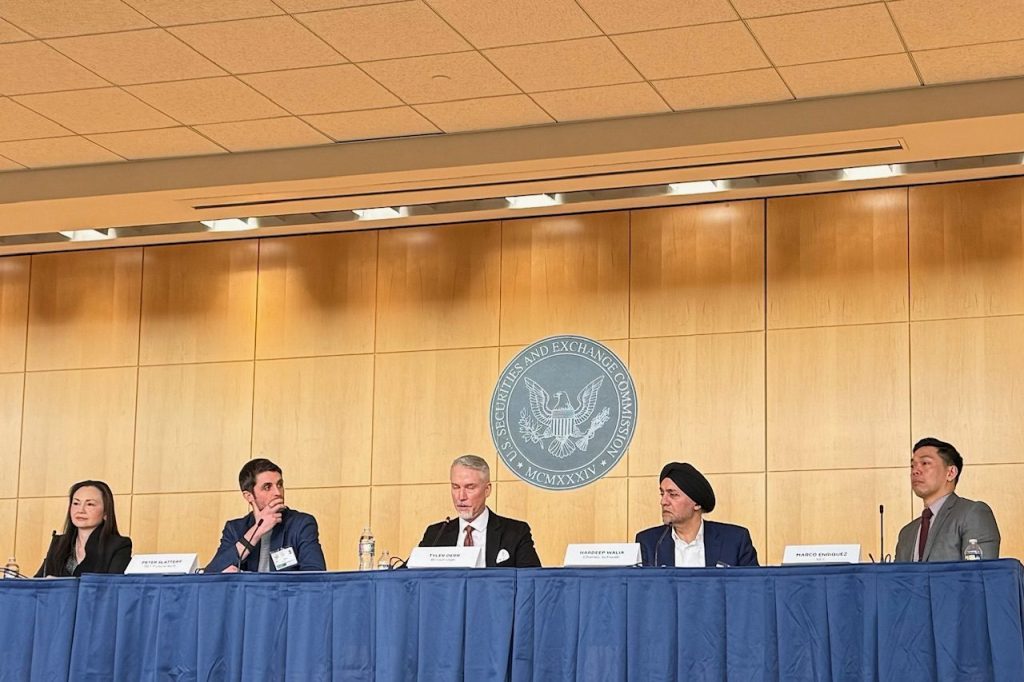Canada has passed a new law aimed at exposing the use of child labor and forced labor. The new law requires companies to report on their efforts to stop tainted goods from entering their supply chains.
On Wednesday, Canada’s House of Commons approved the legislation, known as Bill S-211, which will go into effect in January 2024. It will mandate large companies to report on parts of their supply chains where forced labor might be occurring.
The legislation also will require companies to report their due-diligence procedures connected to forced labor.
The intention behind the new law is to try to ensure products or their components are not made by children in the sweatshops of other countries or by people forced to work excessive hours in other countries or within Canada itself.
Businesses that do not comply could face fines and the bill allows for a potential ban on importing goods found to be produced utilizing such labor.
Bill S-211 had bipartisan support among Conservatives and Liberals after first clearing the Senate and was sponsored in the House of Commons by MP John McKay. McKay referred to it as a modern slavery law and said “it has serious teeth that will turn Canada from a laggard to a leader in the global fight against slavery”.
Companies violating the law – by either failing to report or reporting false information – would face a fine of up to 250,000 Canadian dollars, equivalent to about $184,000.
International efforts
With its new legislation, Canada joins a growing number of countries trying to eradicate the sale of goods made with forced labor.
Canada is already a signatory to an agreement with the United States and Mexico in what is called the United States-Mexico-Canada Agreement (USMCA), which is considered one of the strongest trade agreement in connection with labor rights.
But that pact has been criticized: Canadian officials only blocked a single shipment suspected of being tied to forced labor and later released it following an appeal. And Mexico took almost three years to introduce new provisions banning the importation of forced labor-made goods into the country.
In the United States, the Uyghur Forced Labor Prevention Act (UFLPA) was introduced in 2020, but it did not gain bipartisan support until being reintroduced in 2021.
The UFLPA makes an automatic presumption that any good coming from China’s Xinjiang region was produced with the forced labor of Uyghur minority Muslims. Importers can challenge the ban of their goods under the law, but they can only be successful if the succeed in rebutting this presumption.
US states
Some US states are taking action as well.
The Garment Workers Protection Act in California came into effect on January 1, 2022, and it requires employers employing workers engaged in garment manufacturing to pay such employees an hourly rate, which is not less than the minimum wage, rather than alternatives, such as a piece rate.
Employers that pay the piece rate and manufacturers that contract with them will be liable for compensatory damages of $200 per employee per pay period.
And in New York, a more far-reaching bill has been struggling through the legislative process: The Fashion Sustainability and Social Accountability Act would, if passed, hold the biggest brands in fashion to account for their environmental and social impacts.
Also known as the Senate Bill S7428A, it requires fashion companies that generate more than $100m in revenues to disclose their supply chains and report such things as labor abuses, greenhouse gases, and chemical usage in their own and in their suppliers’ operations.
They must then reduce those effects in line with targets outlined in the bill. The bill, in effect, forces fashion industry participants to reduce their negative impacts at a pace set by legislators. The act would be visible in the form of an annual list of companies that violate the law, published by the state attorney general for consumers to view.
The law is currently with the Senate Committee for Consumer Protection and is awaiting further action by legislators.













